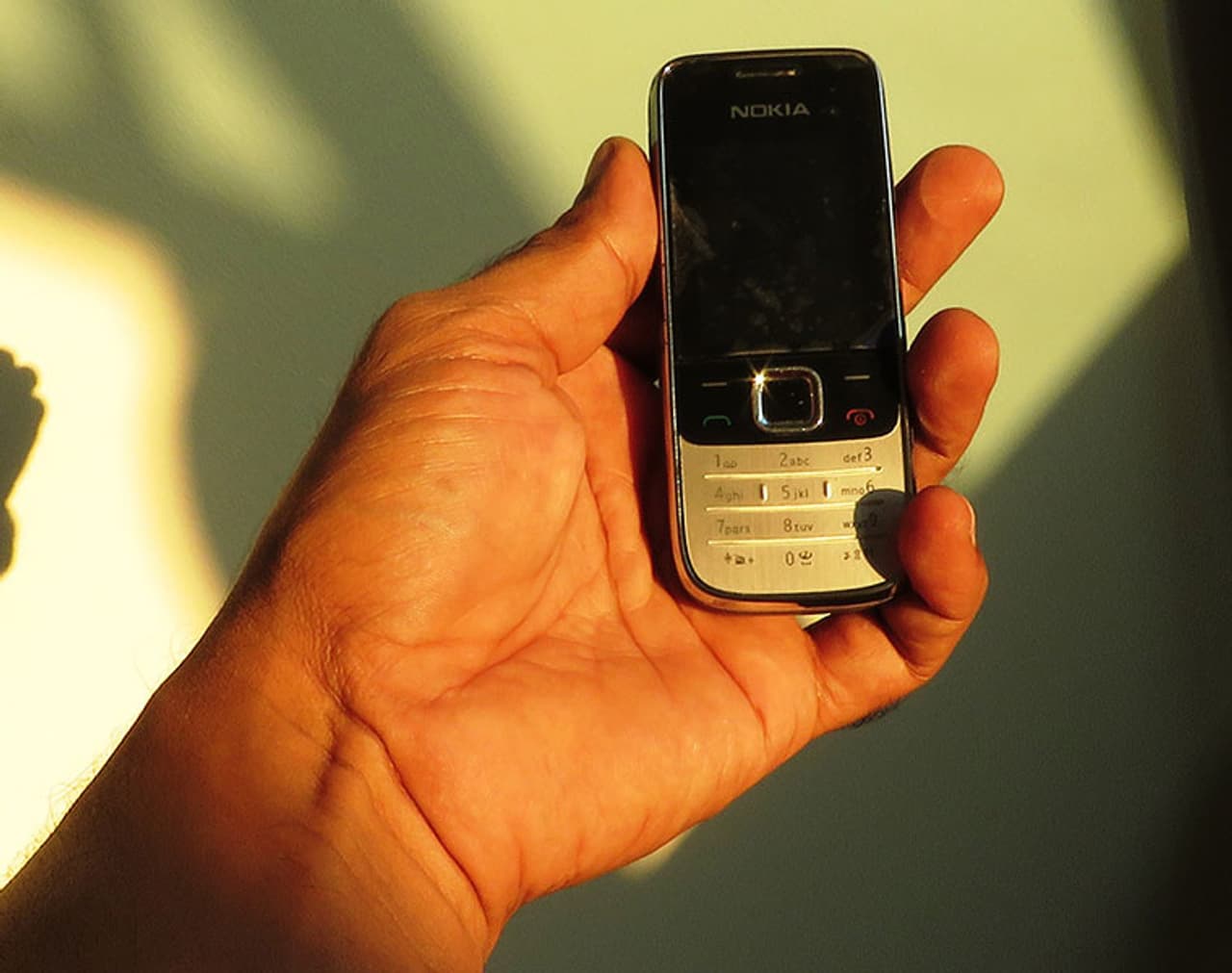Phone Scams: 5 ways to protect your money from frauds
Are you helpful by nature? Do you readily lend your phone to strangers who ask for a quick call? Be very cautious. Such situations are often exploited for online frauds, leading to significant financial losses. Not everyone has malicious intent, but these incidents highlight the need for vigilance. This article details how seemingly harmless calls can lead to bank account theft and provides essential tips to prevent such scams.

At bus stands or railway stations, some individuals might approach you with a seemingly innocent request to borrow your phone for a quick call, claiming they've forgotten theirs. Lending your phone in such situations increases the risk of your banking details and messages being stolen.

Some may ask for money for travel or food. While you can choose to help or decline, many people readily lend their phones, thinking a single call is harmless. This is where the risk lies. Handing your phone to a stranger can lead to bank account depletion. They might claim a family emergency, using this as a pretext for online fraud. Let's explore how this happens.
In Bengaluru, a stranger borrowed a shopkeeper's phone to inform his wife he'd forgotten his own. Minutes later, the shopkeeper received a message about a ₹99,000 deduction. The fraudster had enabled call forwarding, copied banking details, and intercepted the OTP, draining the account.
To avoid call forwarding scams, dial *#21# to check its status. 'Disabled' means you're safe. If not, dial ##002# to disable all forwarding. This ensures your phone and data security.
Not everyone is a scammer. To help while staying safe, let them use your phone in your presence, or use loudspeaker. A genuine person will comply. Stay vigilant against online fraud.
Stay updated with the Breaking News Today and Latest News from across India and around the world. Get real-time updates, in-depth analysis, and comprehensive coverage of India News, World News, Indian Defence News, Kerala News, and Karnataka News. From politics to current affairs, follow every major story as it unfolds. Get real time updates from IMDon major cities' weather forecasts, including Rain alerts, Cyclonewarnings, and temperature trends. Download the Asianet News Official App for accurate and timely weather updates anytime, anywhere.